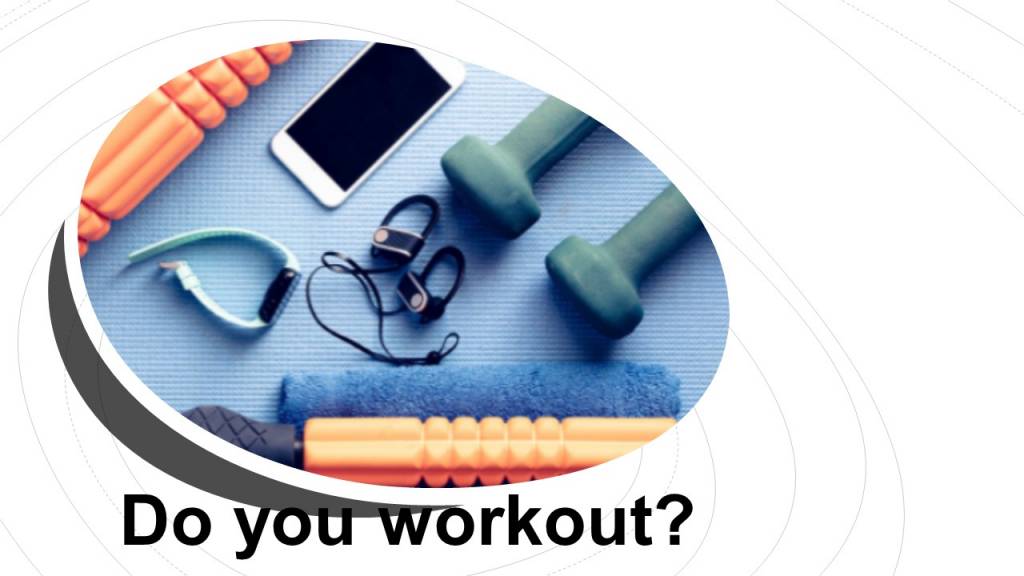
What to eat after exercise and why
The importance of the post-workout snack – During exercise, the muscles use up stored glucose, called glycogen, and levels become depleted. Endurance sports, such as running, use up more glycogen than resistance activities, such as weightlifting. Another effect of exercise is that the muscles develop small tears. Getting the right nutritional balance after exercise restores energy levels and reduces fatigue, helping the body to repair muscles and build strength for future workouts. Proteins, carbohydrates, and healthful fats are all essential for the body’s recovery.
Physical activity uses a lot of energy. Your body must recover immediately, and it is difficult for the body to recover if energy levels are not replenished within 15 to 30 minutes after finishing a workout. Eating even a little snack shortly after exercising can help to restore energy levels.
What should you eat after a workout for your body to replenish lost energy?
According to research published in 2017, as few as 9 grams (g) of milk protein may be enough to stimulate protein synthesis in the muscles, aiding in recovery after exercise. Other than milk, dairy products rich in protein include:
- Greek yogurt
- Ricotta cheese
- Cottage cheese
- kefir
These proteins can repair new cells, especially those in the muscles. These proteins also contain all of the essential amino acids, which are only available through the diet. Some researchers found that milk-based proteins are more effective than soy-based proteins at promoting the growth of muscle proteins after resistance exercise.
Eggs – consuming whole eggs after resistance exercise resulted in more protein synthesis than consuming egg whites with the same protein content. The researchers concluded that the nutrients in the yolk helped to stimulate the muscles more effectively.
Omega-3 fatty acids – Supplementation with omega-3 fatty acids helps to boost the synthesis of muscle proteins and increase the size of muscle cells in healthy young and middle-aged adults. Fatty fish, including salmon, are rich in omega-3 fatty acids. Tuna also contains high levels of the fatty acids, and about 6 ounces (oz) of tuna packed in water contains 41.6 g of protein and 5.4 g of fat. Other evidence shows that oil drawn from fatty fish may help to reduce muscle soreness after resistance training.
Carbohydrates – Staying hydrated is essential when exercising. Consuming carbohydrate-rich foods may be the best way to reduce the decreases in immunity that can occur after exercise. Consuming carbohydrates as part of a post-workout snack also helps to promote glycogen storage. Sweet potatoes, grains, and fruits can contain high levels of healthful carbohydrates, as can quinoa.
Herbal tea – The nutrients and chemical compounds in herbal teas, especially yerba mate, may help the body process carbohydrates and protein effectively. Authors of a study from 2016 compared the effects of yerba mate to water after exercise. The participants who drank yerba mate recovered strength faster in the 24 hours that followed a workout.
Water – It is essential to drink plenty of water before, during, and after a workout. Staying hydrated ensures that the body gets the most benefit from exercise. The body loses water and electrolytes while sweating, so drinking water during and after a workout promotes performance and recovery.
If you require additional information, please click here to book an appointment with one of our trained professionals. >>>


